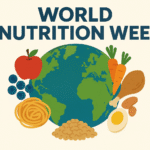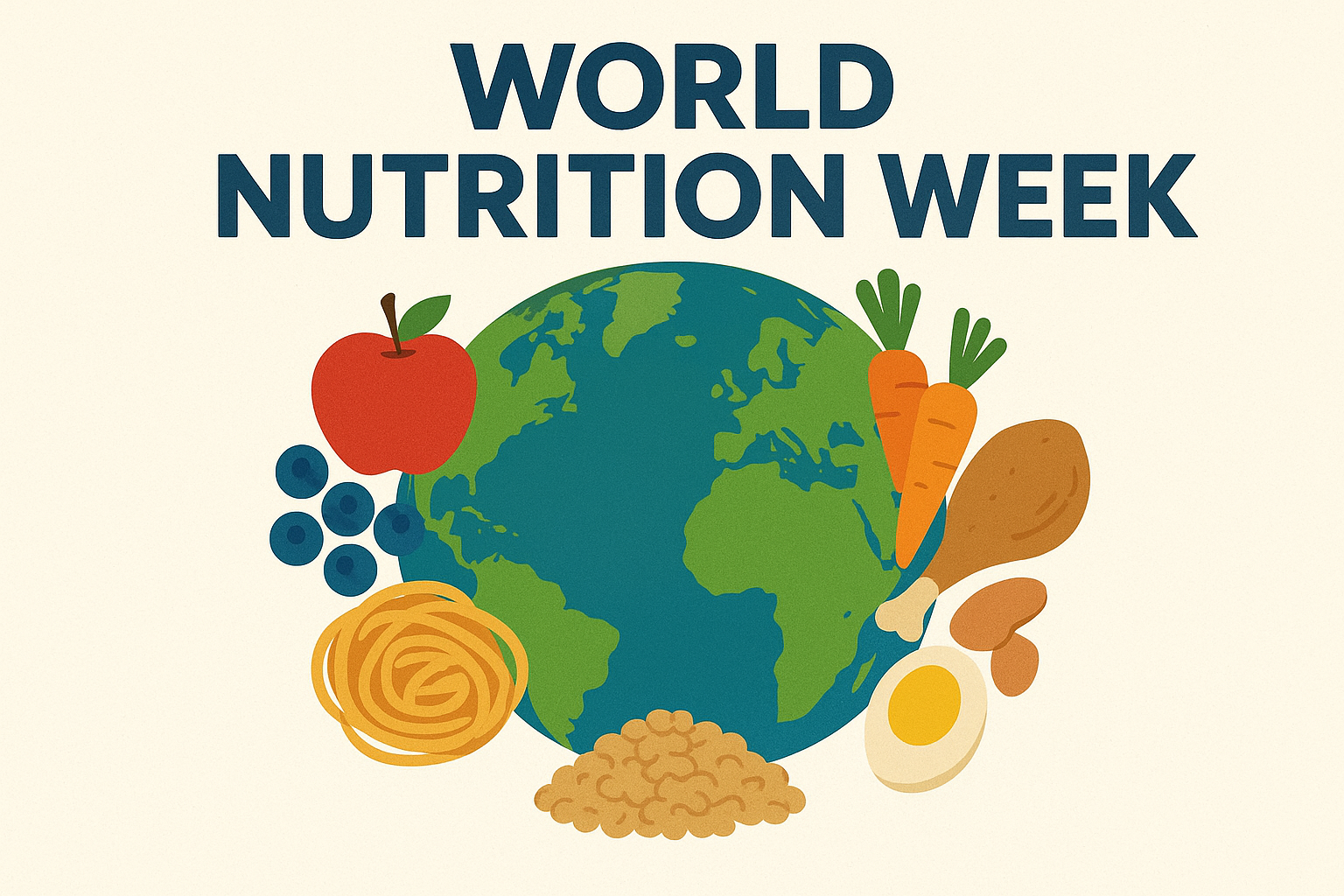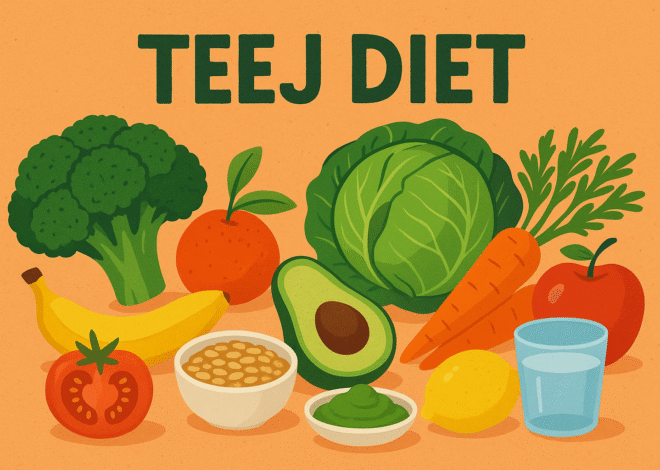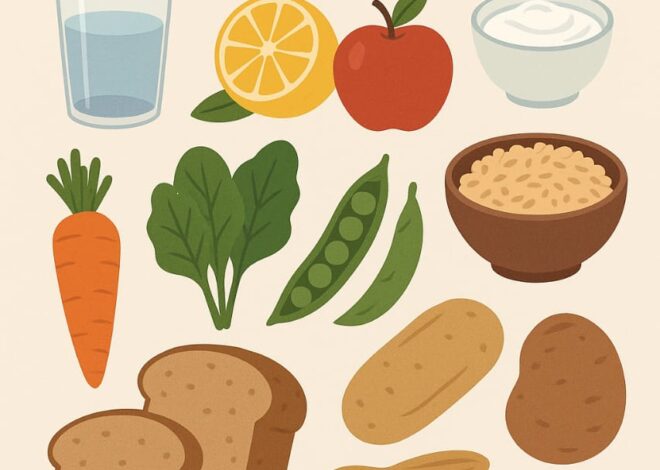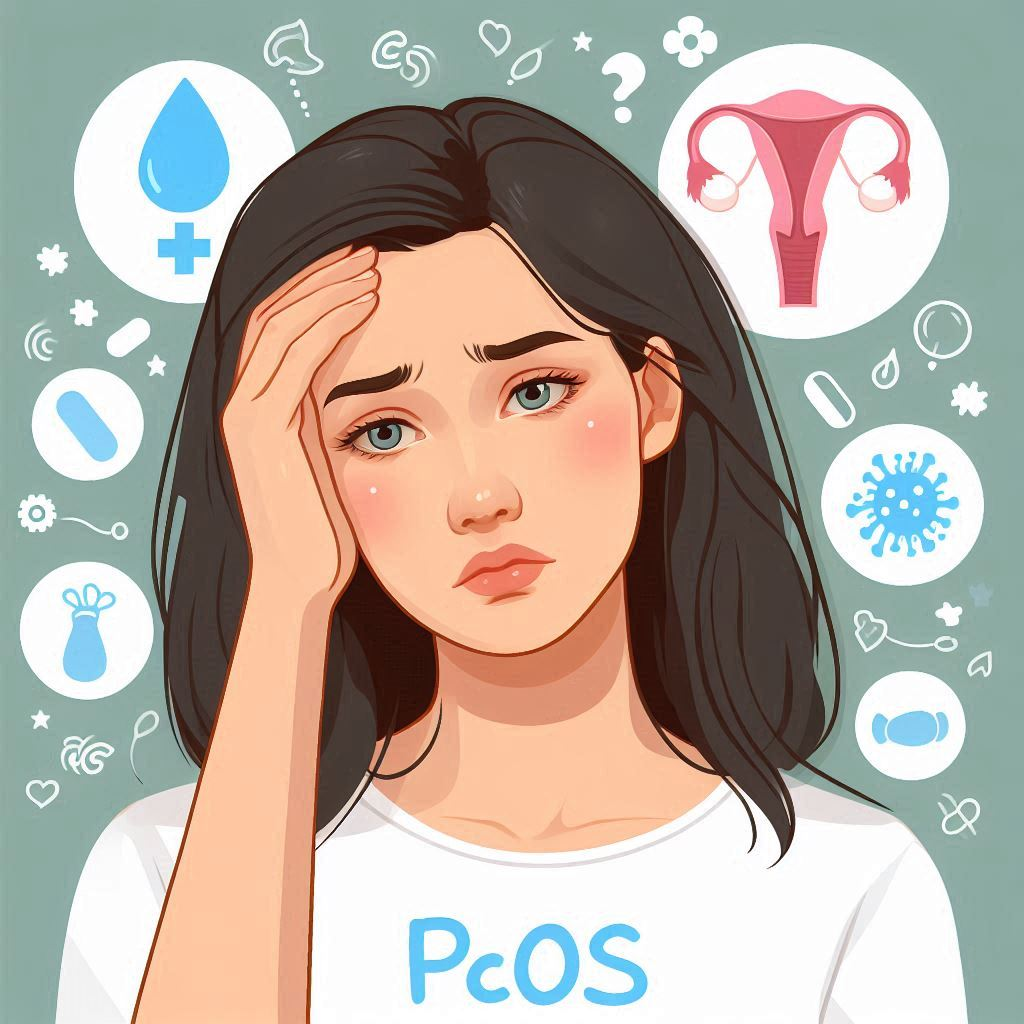
PCOD and Fertility: What Women Need to Know
Polycystic Ovary Syndrome (PCOS) is a hormonal rollercoaster that usually hits during the reproductive years. If you have PCOS, you may not have periods very often. Alternatively, you may experience prolonged menstrual cycles that extend for several days. It is also possible that you have an elevated level of the hormone androgen in your body.
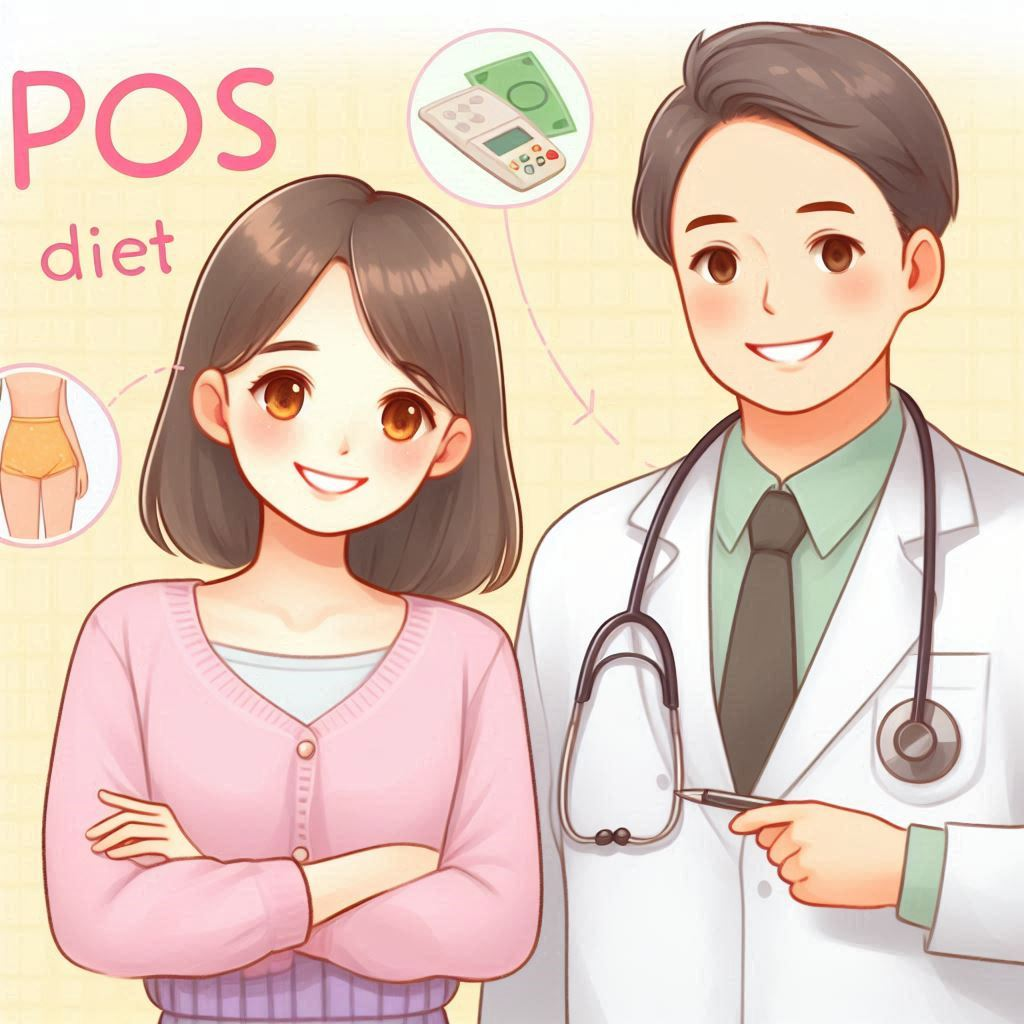
Polycystic Ovary Syndrome (PCOS) is characterized by the development of numerous small sacs of fluid along the outer margin of the ovary. These are called cysts. The small fluid-filled cysts contain immature eggs. These are called follicles. The follicles fail to regularly release eggs.
The exact cause of PCOS is unknown. Early diagnosis and treatment, coupled with weight loss, can mitigate the risk of developing long-term complications such as type 2 diabetes and cardiovascular disease.
1. Balanced Macronutrients
- Carbohydrates: Opt for low-glycemic index (GI) foods to stabilize blood sugar. Include whole grains like quinoa, oats, and brown rice. Limit refined carbs and sugars.
- Proteins: Incorporate lean proteins like chicken, fish, tofu, legumes, and eggs. Protein helps maintain muscle mass and supports metabolic health.
- Fats: Go for the good stuff like avocados, nuts, seeds, and olive oil.
2. Fiber-Rich Foods
- Vegetables: Eat a variety of non-starchy vegetables like spinach, kale, broccoli, and bell peppers.
- Fruits: Focus on berries, apples, and pears. Limit high-sugar fruits like bananas and grapes.
- Legumes: Beans, lentils, and chickpeas are excellent sources of fiber and protein.
3. Anti-Inflammatory Foods
- Spices: Include turmeric and ginger, which have anti-inflammatory properties.
- Nuts and Seeds: Flaxseeds, chia seeds, and walnuts can help reduce inflammation.
4. Hydration
- Drink plenty of water throughout the day. Aim for at least 8 glasses (2 liters).
5. Meal Frequency and Portion Control
- Eat smaller, balanced meals every 3-4 hours to maintain stable blood sugar levels and prevent overeating.
6. Foods to Limit or Avoid
- Refined Carbs: White bread, pastries, and sugary snacks.
- Sugary Beverages: Soda, sugary coffee drinks, and energy drinks.
- High-Sugar Foods: Candy, chocolate bars, and baked goods.
7. Sample Daily Meal Plan
Breakfast:
- Greek yogurt with berries and a sprinkle of chia seeds
- A small portion of oats or whole-grain toast
Lunch:
- Grilled chicken or tofu salad with mixed greens, cherry tomatoes, cucumbers, and olive oil dressing
- A serving of quinoa or a small whole-grain roll
Snack:
- A small handful of nuts or a piece of fruit with a protein source (e.g., apple with almond butter)
Dinner:
- Baked salmon or lentil stew with steamed broccoli and a side of sweet potato
- A mixed greens salad with a vinaigrette dressing
Snack (if needed):
- A small portion of cottage cheese or a few slices of avocado.
8. Supplements (if recommended by a healthcare provider)
- Vitamin D: May help improve insulin sensitivity.
- Inositol: Can support ovarian function and insulin sensitivity.
- Omega-3 Fatty Acids: For reducing inflammation.
9. Lifestyle Considerations
- Regular physical activity and weight management complement a healthy diet for managing PCOS effectively.







